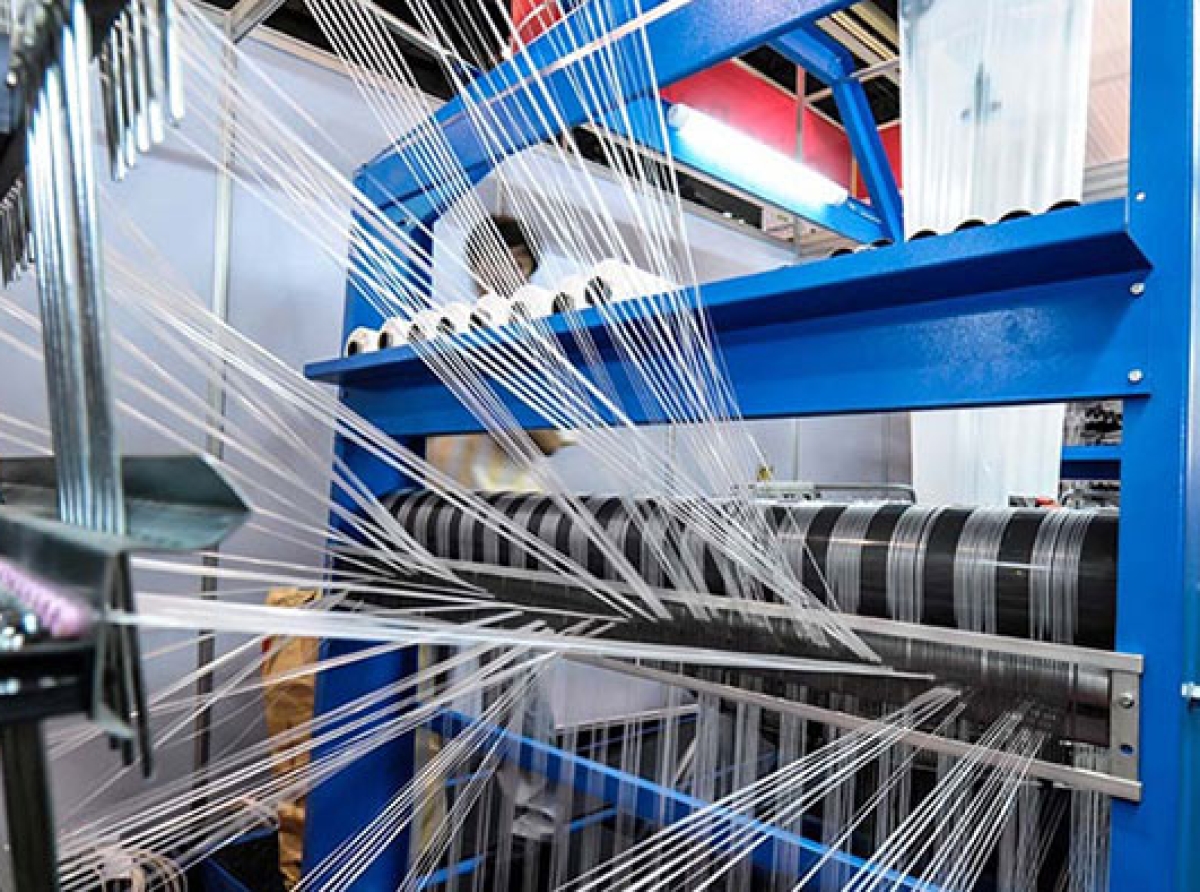Fund allocation is a fundamental constraint for the Indian textile sector, according to a report

11 November 2021, Mumbai:
According to a report by Delhi-based Infomerics Valuation and Rating, a Credit Rating Agency, fund allocation is a major constraint for the Indian textile industry, with the Finance Ministry approving only Rs. 3,631.64 crore for the Textile Ministry in FY22, compared to a proposed outlay of Rs. 16,883 crore.
According to the report Textile Industry: Trends and Prospects, the industry has recently seen low manufacturing activity accompanied by high final product prices, as evidenced by the annual NIC-2 digit and sectoral indices of industrial production, where the index for manufacturing of textiles' has fallen below 100 for the first time in nearly a decade, settling at 91.1.
The yearly wholesale pricing index for 'textile manufacturing' has been hovering around 118 points, which is 6-7 notches higher than the decadal normal of around 112.
Other generic factors mentioned in the report include weakened consumer demand or production networks, obsolete technology, inflexible labour laws, infrastructure bottlenecks, and fragmented industry, as well as the major role of the unorganised and small players who have been hit by the triple whammy of demonetisation, GST implementation, and the COVID-19 pandemic.
It includes industry-risk elements, such as the GST problem, the disparity between requested expenditure and allowed amount, bad performance, and excessive pricing. According to the research, the sector must charge premium prices, focus on specialty goods and markets, and rethink items in greater value-added categories. For long-term growth, it must also prioritise regional and cluster subsidies, as well as technological upgrades and talent development subsidies.
Investment in value-added services, such as marketing, warehouse leases, logistics, courier, and other expenditures associated with product fulfilment, is a must for the industry to expand.
After peaking at US $ 106 billion in FY2020, the domestic textiles and apparels sector plummeted to US $ 75 billion during the pandemic. Government measures, on the other hand, have prompted optimism that the industry would rise to US $ 300 billion by 2025-26, a 300 percent increase in the following two years.
In technical textiles, there has been a dramatic reversal. Imports of technical textiles outstripped exports by Rs. 1,058 crore in FY20, but exports outstripped imports by Rs. 2,998 crore in FY 21. "One of the key challenges for Indian exporters is logistics.
For comparison, Bangladesh's turnaround time (from order to delivery) is 50 days and India's is 63 days, while Bangladesh's time to port is 1 day and India's is 7-10 days," according to the research.
Latest Publications

































